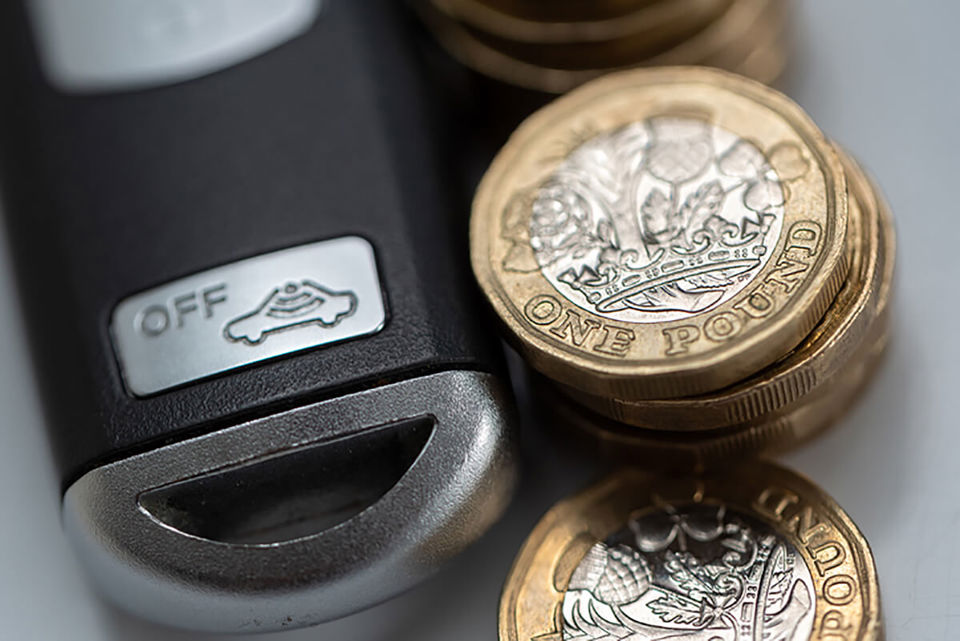The Chancellor is being warned against making salary sacrifice schemes for cars less attractive ahead of the Budget on Wednesday (October 30).
Reports suggest that the Government is considering hiking employer national insurance contributions (NICs).
Labour’s election manifesto suggested it would not increase national insurance if elected, but when asked about a possible rise, the Prime Minister refused to rule it out, instead saying it had pledged not to raise taxes on working people.
Employers currently pay national insurance of 13.8% on all earnings above £175 per week. They do not pay NI on pension contributions, but there are concerns that this could change and the impact this could have on wider salary sacrifice arrangements, such as cars.
If Government opted to impose a contribution of 2%, for example, it could add thousands of pounds to employer costs.
Salary sacrifice, also known as salary exchange, has been integral in helping employees to lease an electric vehicle (EV) by agreeing to give up a proportion of their salary.
While there is not currently a limit of how much employees can sacrifice beyond the national minimum wage, Alphabet says that any plans to change the benefit thresholds could wreak havoc with salary sacrifice scheme providers if the numbers do not add up for vehicle lessees.
Caroline Sandall-Mansergh, consultant and channel development manager at Alphabet (GB), is calling on the Government to “carefully consider” making any changes to salary sacrifice to stop the industry moving into an EV recession.
“It cannot be underestimated the advantages that salary sacrifice schemes have to help people lease a new zero or lower emission vehicle,” she said.
“If employees are doing business miles or commuting to and from work, it will have a positive impact on a company’s carbon emissions’ reporting, which most companies will be required to disclose from next year.”
She explained: “If you've got a scheme where you're actively encouraging employees into zero or lower carbon emitting vehicles, it’s a major benefit to the company, especially those that are actively pursuing net zero targets.
“Salary sacrifice is an enabler to making that possible, so any adverse changes that make schemes less attractive are bound to have repercussions, which will contravene with the Government’s own targets.”
With Government spending under review, there is widespread speculation on what taxes could be changed or introduced in both the Autumn 2024 and Spring 2025 budgets, and what benefits might be cut to help the national purse.
Whether salary sacrifice is ringfenced from any changes is yet to be known.
The uncertainty around salary sacrifice, and other benefit schemes, has done little to increase market confidence, as companies and employees seek Government assurance to understand the implications for them over the next couple of years, says Alphabet.
“Any changes that the Government makes could impact the perceived or actual benefit of salary sacrifice,” said Sandall-Mansergh.
“It could also be dependent on whether the Government allows any grandfathering of policy to support those through the change, as people’s financial decisions will have been borne out what they knew at the time.
“The automotive industry needs as much Government support as possible to help manufacturers meet their vehicle emissions targets over the next five years.
“Maintaining the current level of benefit through salary sacrifice, or increasing the threshold for the expensive car supplement, will go a long way to help the industry and the UK achieve its carbon reduction goals.”
Read how to make your salary sacrifice scheme a success in our Fleet Operational Excellence.






















Login to comment
Comments
No comments have been made yet.